Written by Rifki Orzech
On November 29 1947, 33 members of the United Nations voted in favor of Resolution 181, thereby approving the partition of the British mandate into two states. Six months later, late Friday afternoon, May 14 1948, members of the provisional government of the State of Israel gathered at the Tel Aviv Museum to read and sign the Declaration of Independence. Thousands sat in anticipation, glued to their radios. David Ben Gurion read the declaration, his voice unwavering—carrying the weight of thousands of years on his shoulders. The atmosphere was electrifying, people celebrated with hora dancing in the street, spontaneous Hatikva choruses rang out loudly and proudly, and complete strangers hugged each other with unadulterated joy.
And then, the fledgling army mobilized for a worst-case scenario. There was indeed, a heavy price to pay. This is why Yom Ha’atzmaut is preceded by Yom Hazikaron, Israel’s Memorial Day for the fallen soldiers. We link the two
days because we live with the knowledge that we owe our sovereignty and safety to our fallen. And then, we transition from shared mourning and remembrance to celebration.
I admit, before I made immigrated to Israel, I didn’t do much to honor the day. I wasn’t alone either: while Jewish communities outside Israel do celebrate, some might do so on Sunday to attract participation. In the State of Israel it is a formal holiday, so most people have the day off. And boy, do they go forth and barbecue. As a recent immigrant, I want to give you a little insight into what goes on here and what goes into a chavaya, an experience of a day.
We don our blue and white Yom Ha’atzmaut gear early in the morning so we can hit the road nice and early. The kids are whining at the thought of a 6am start? Download some Jigzi apps to get them into the spirit of the day! Many families want to reach a location where the Yom Ha’atzmaut fly past will be visible.
The average Israeli will tote two cool boxes filled with raw ingredients, refreshing drinks and snacks. Eating implements, condiments, BBQ, folding tables, the toy room, and a boom box are also stowed in the trunk, sometimes a generator too.
We all hunt for a spot: extra points if it’s near a beach or river. We set the tables up, cut the salads, form meatballs and marinate the meat. They’re placed lovingly al ha-esh (on the fire). Neighbors share cookies and garinim
(sunflower seeds). About five hours later, one would lower the volume on tired childish squabble (and that’s just the adults) to load up the car and make our way home.
If You Will It, It’s No Dream
Yom Ha’atzmaut isn’t a day off outside Israel but despite that, consider doing something special, even something small to honor the day. Consider the young men and women living in the diaspora who heard the call of history and crossed the world to defend Israel’s in its hour of need. Our diaspora has much to be proud of, to celebrate and to remember.
“You came to us when we needed you most, during those difficult, uncertain days in our War of Independence. You gave us not only your experience, but your lives as well. The people of Israel and the State of Israel will never forget, and will always cherish, this unique contribution made by you — the volunteers of Machal.”
– Prime Minister Yitzhak Rabin, 1993
Our Independence Day is shared; we’re here because of them, because of you, because of us. Those groups of young people came with courage and chutzpah. Years later, for the 60 th anniversary of the State of Israel, Former Israeli President, Shimon Peres praised that same inherent chutzpah, as the creative spirit behind the country’s progress and advancement in many areas of life.
Happy Birthday to Israel; you’re still evolving and changing, inventing and growing… ..L’Chaim.
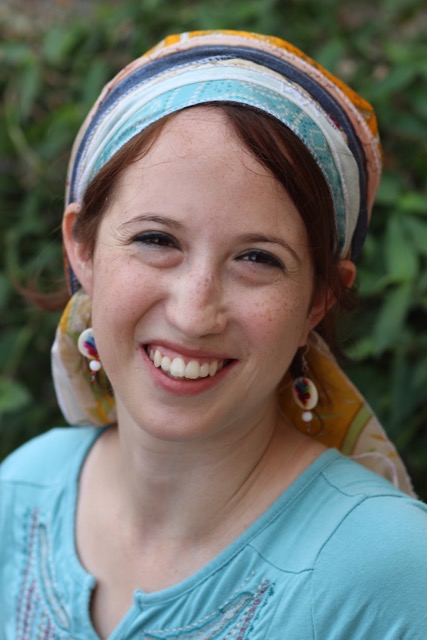

Rifki Orzech is an olah, a mother of three and a content writer with five years’ experience. She is passionate about women learning Torah and has completed the Susi Bradfield Educational Leadership Programme for Jewish women at the London School of Jewish Studies.



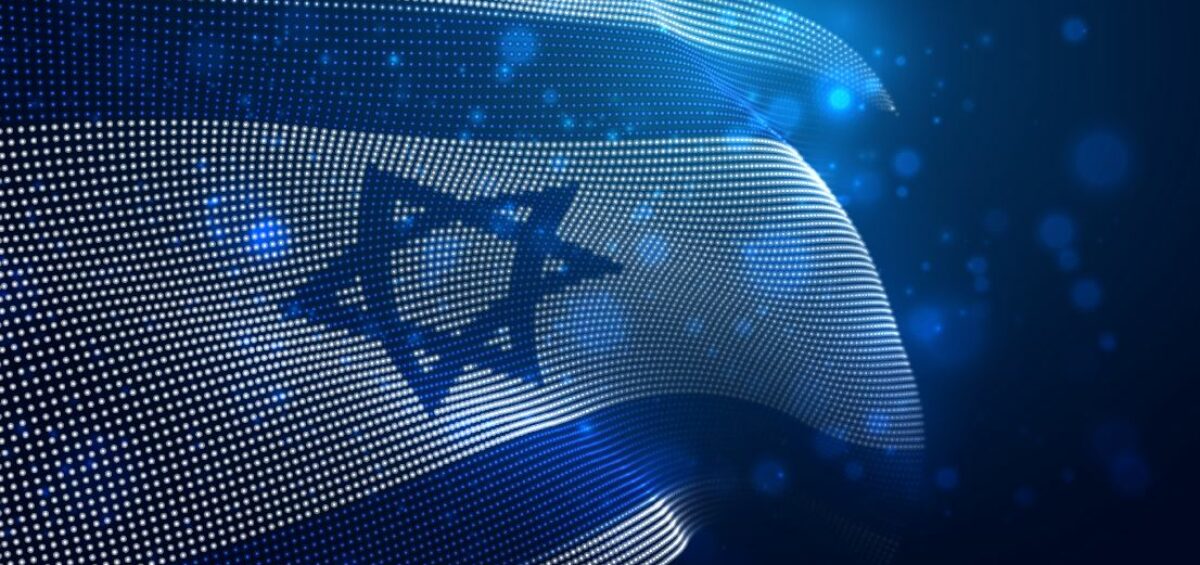


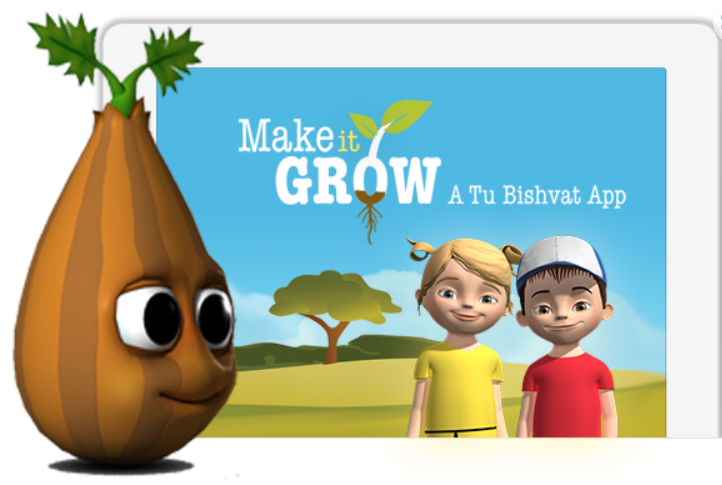
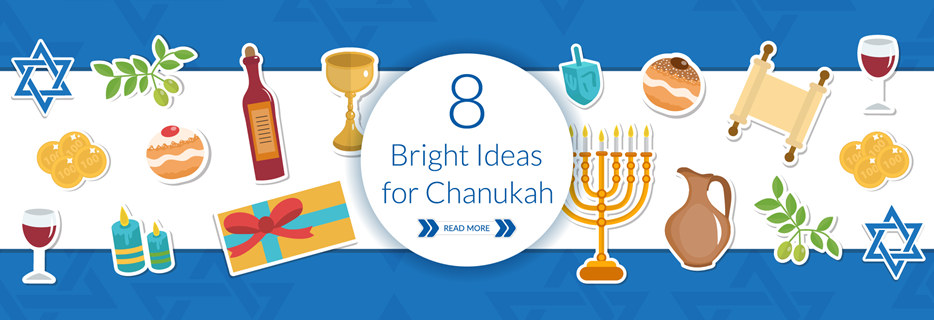
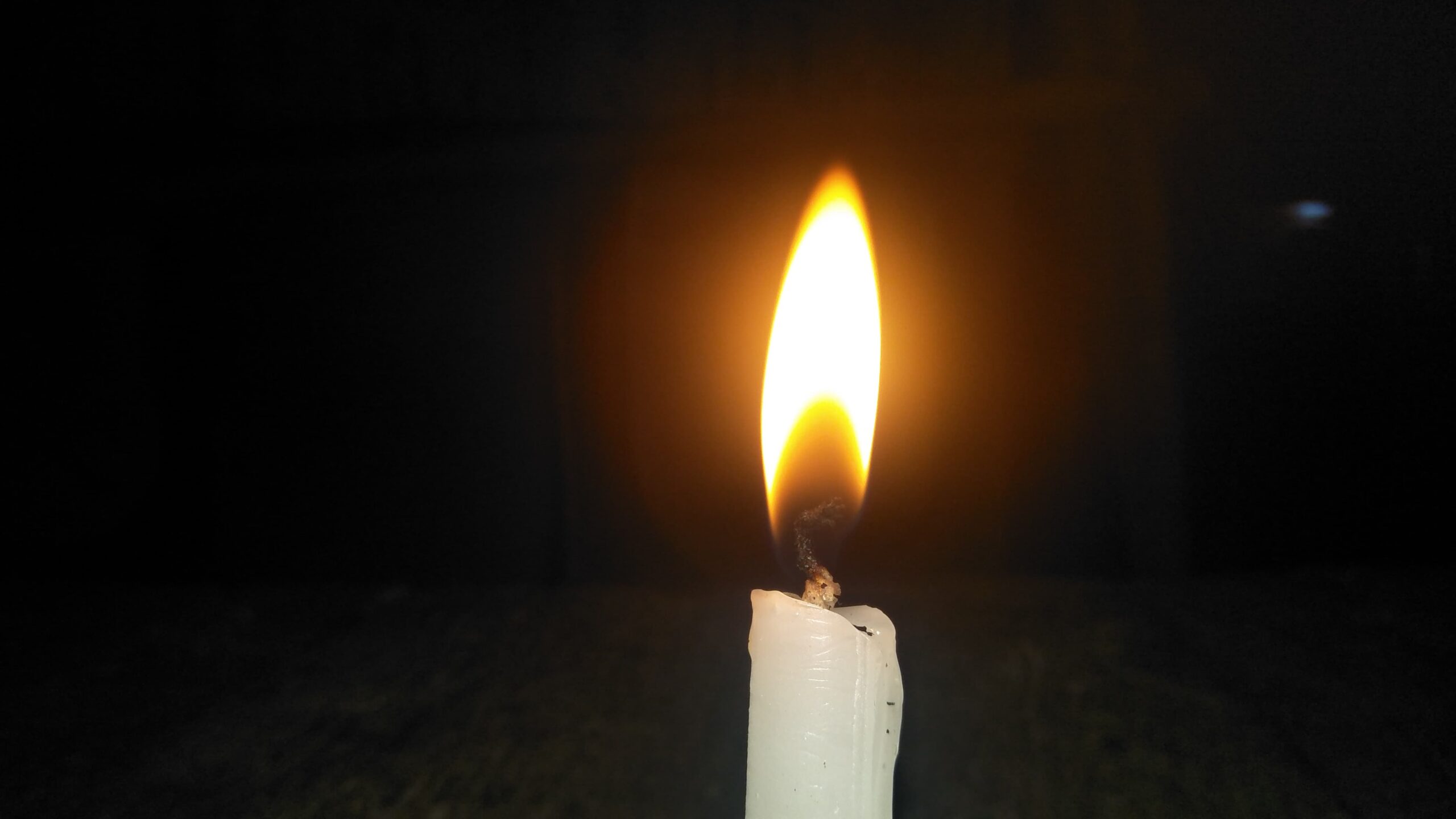
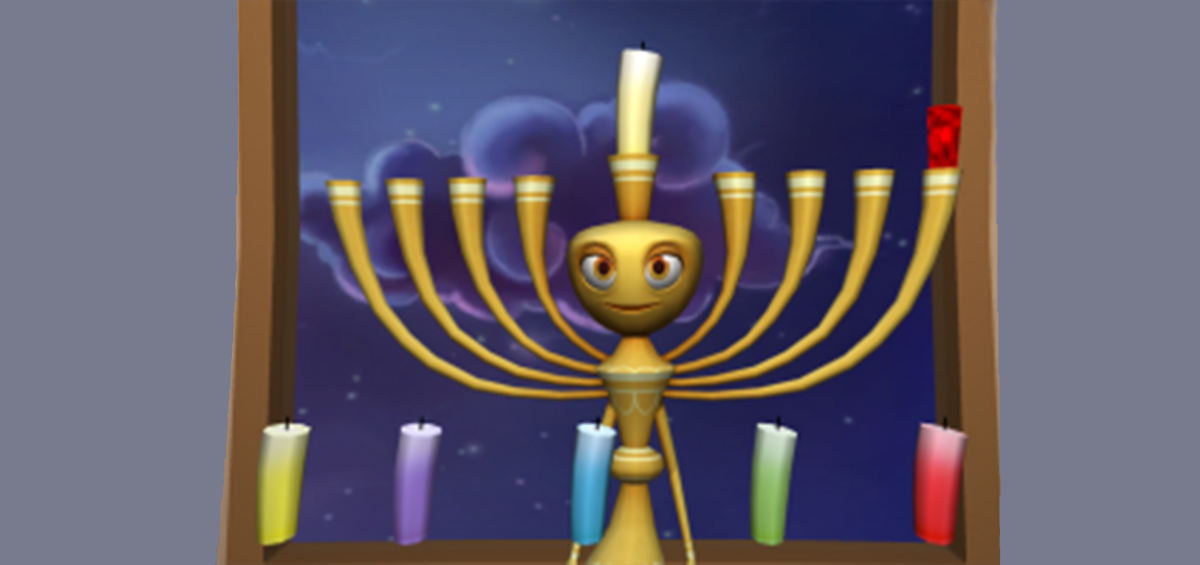
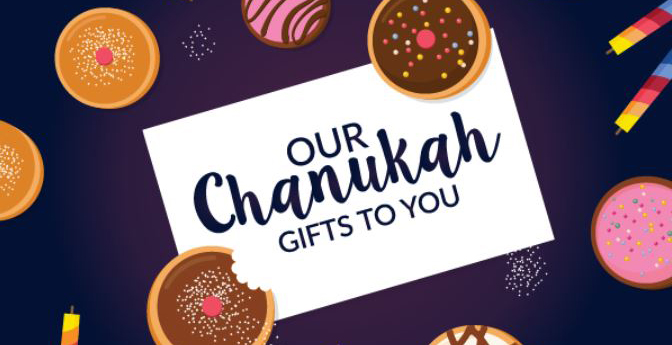


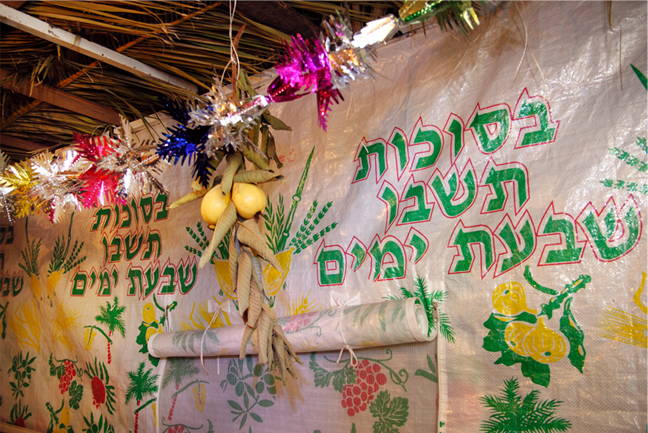

Leave a Comment